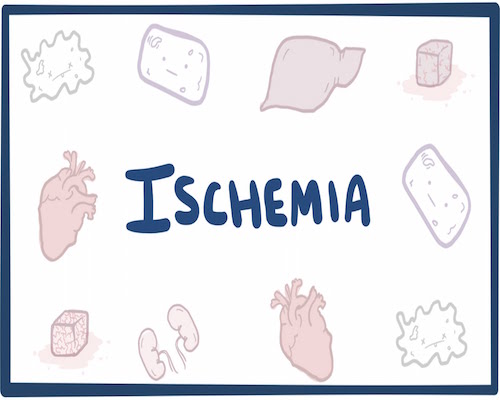Adipose derived stem cell transplantation is better than bone marrow mesenchymal stem cell transplantation in treating hindlimb ischemia in mice
Keywords:
Mesenchymal stem cell, adipose derived stem cell, bone marrow derived stem cell, allograft, hindlimb ischemiaAbstract
Introduction: Bone marrow derived MSCs (BM-MSCs) and adipose derived MSCs (AD-MSCs) are among the types of stem cells most commonly studied. Our study aims to compare the therapeutic efficacy of allograft AD-MSCs versus BM-MSCs in a mouse model of hindlimb ischemia. Methods: AD-MSCs were isolated from belly fat and BM-MSCs were isolated from femur bone marrow. They were used to treat mice with acute hindlimb ischemia. Treatment efficacy was compared among 4 groups: injected with BM-MSCs, injected with AD-MSCs, non-treated and injected with phosphate buffered saline. Mice in the groups were evaluated for the following: necrosis grade of leg, leg edema, blood flow, muscle cell restructure and new blood vessel formation. Results: Results showed that AD-MSC transplantation significantly recovered acute limb ischemia, with 76.5% of mice fully recovered, while the ratio was only 48.5% in BM-MSC transplanted group, and 0% in the non-treated and PBS groups. Evaluation of leg edema, blood flow, muscle cell restructure and new blood vessel formation also supported the observation that AD-MSC transplantation was superior over BM-MSC transplantation. Conclusion: Therefore, AD-MSCs may serve as the more suitable MSC for hindlimb ischemia treatment and angiogenesis therapy.
Downloads
Published
2016-09-29
Issue
Section
Original Research
License
Copyright The Author(s) 2017. This article is published with open access by BioMedPress. This article is distributed under the terms of the Creative Commons Attribution License (CC-BY 4.0) which permits any use, distribution, and reproduction in any medium, provided the original author(s) and the source are credited.
How to Cite
Adipose derived stem cell transplantation is better than bone marrow mesenchymal stem cell transplantation in treating hindlimb ischemia in mice. (2016). Biomedical Research and Therapy, 3(09), 844-856. https://preservation.bmrat.org/index.php/BMRAT/article/view/8
